Volkswagen’s battery advances: unified cell now, solid-state technology soon
At the IAA Mobility, Volkswagen is not only showcasing its future cars, such as the ID. Polo, but also the progress made across the Group in battery technology. With production now ready to go, the company is putting the spotlight on its Unified Cell and an innovative battery system design. With a special kind of electric motorcycle, the Wolfsburg-based company is also sending a signal that it is serious about solid-state batteries. Especially since the Unified Cell is intended to support solid-state technology.
But first things first: let’s take a look at the world premiere of PowerCo’s own Unified Cell and cell-to-pack (CTP) battery at the trade fair. The Unified Cell was the big announcement when Volkswagen presented its battery roadmap for the decade in spring 2021. It is intended to reduce complexity and costs and, according to the plans at the time, “be used in up to 80 per cent of electric vehicles across brands and regions.”
Prismatic cell with 660 Wh/l
Four and a half years later, the Unified Cell is ready for series production. It is a prismatic cell, meaning that Volkswagen is not following the trend towards round cells in the volume segment. The Unified Cell is set to make its debut in the small electric car family from Volkswagen, Skoda and Cupra. According to Volkswagen, it will roll off the production line at the Salzgitter gigafactory at the end of the year, with Valencia (Spain) and St. Thomas (Canada) to follow later. “Precursors such as the cathode material also come from European production. This will make the Unified Cell a milestone for the European Automotive Industry, which has hardly been represented in battery technology so far,” emphasised the car manufacturer.
Technologically, the Unified Cell has an energy density of around 660 Wh/l – ‘a huge leap forward,’ as the company rejoices. “This corresponds to an increase of around 10 per cent compared to previous cells [in the volume segment, editor’s note].” PowerCo has also completely redesigned the battery system and now relies entirely on cell-to-pack technology. This means that the batteries do not require a module level; the cells are installed directly into the pack.
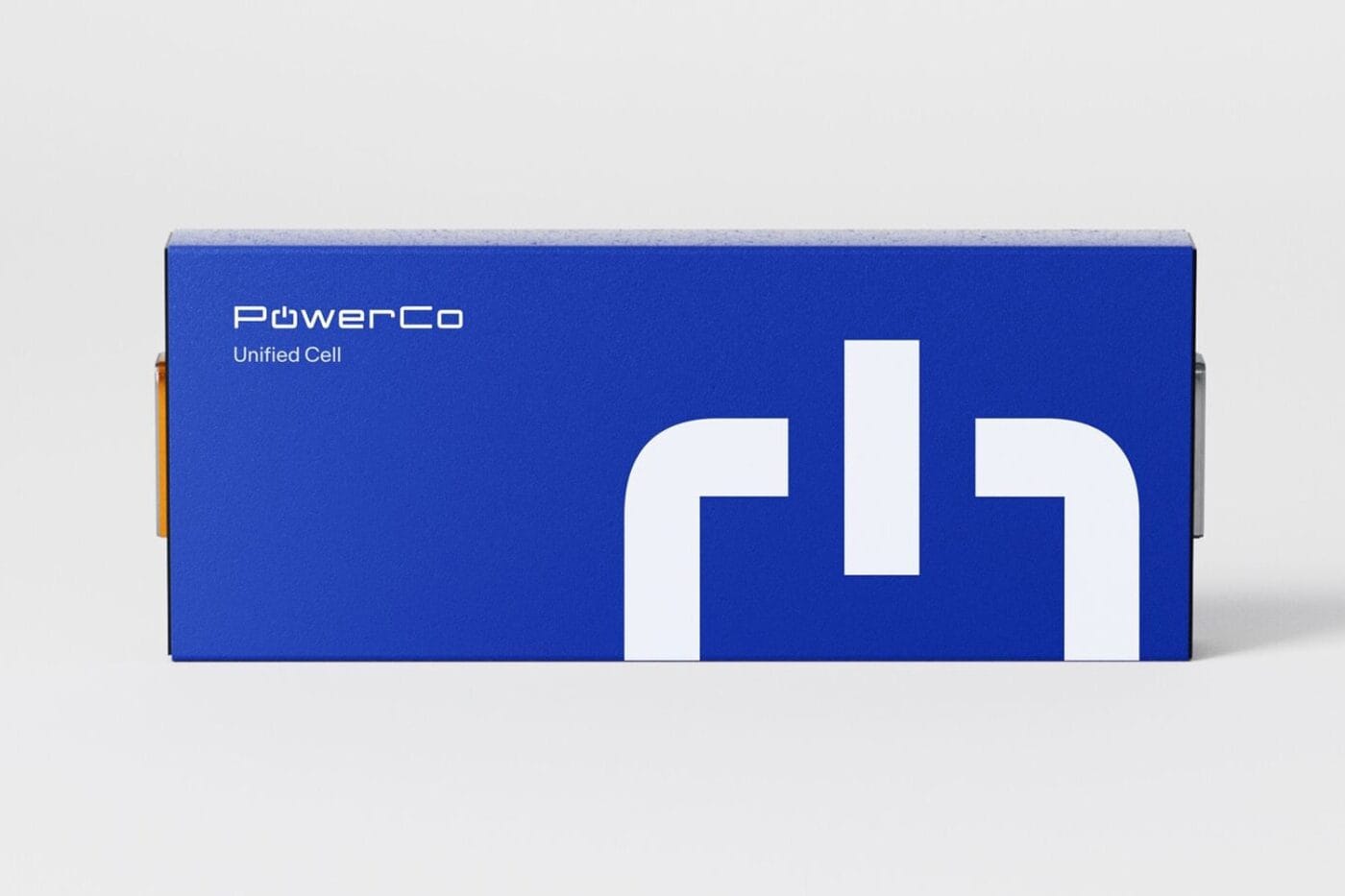
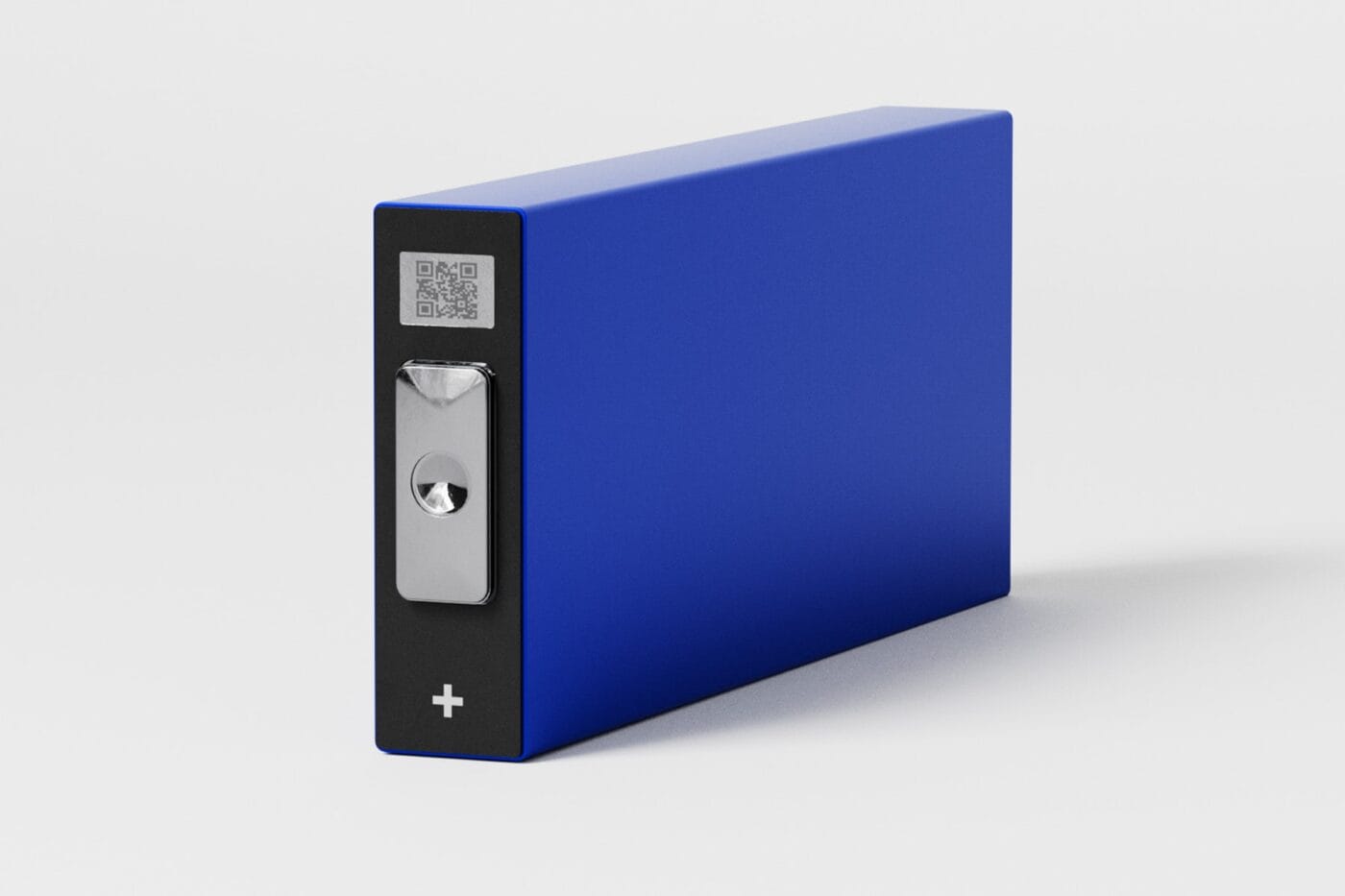
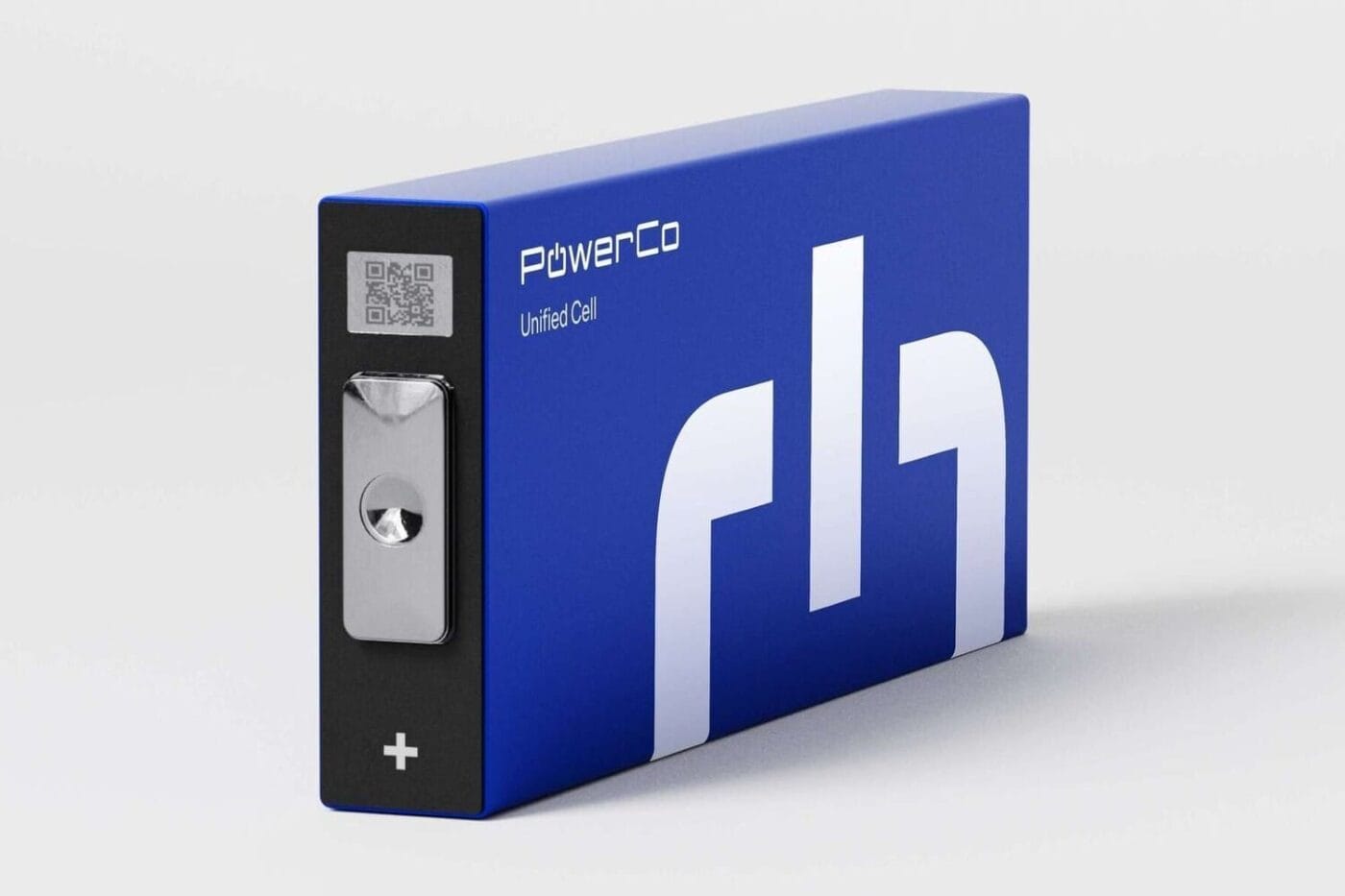
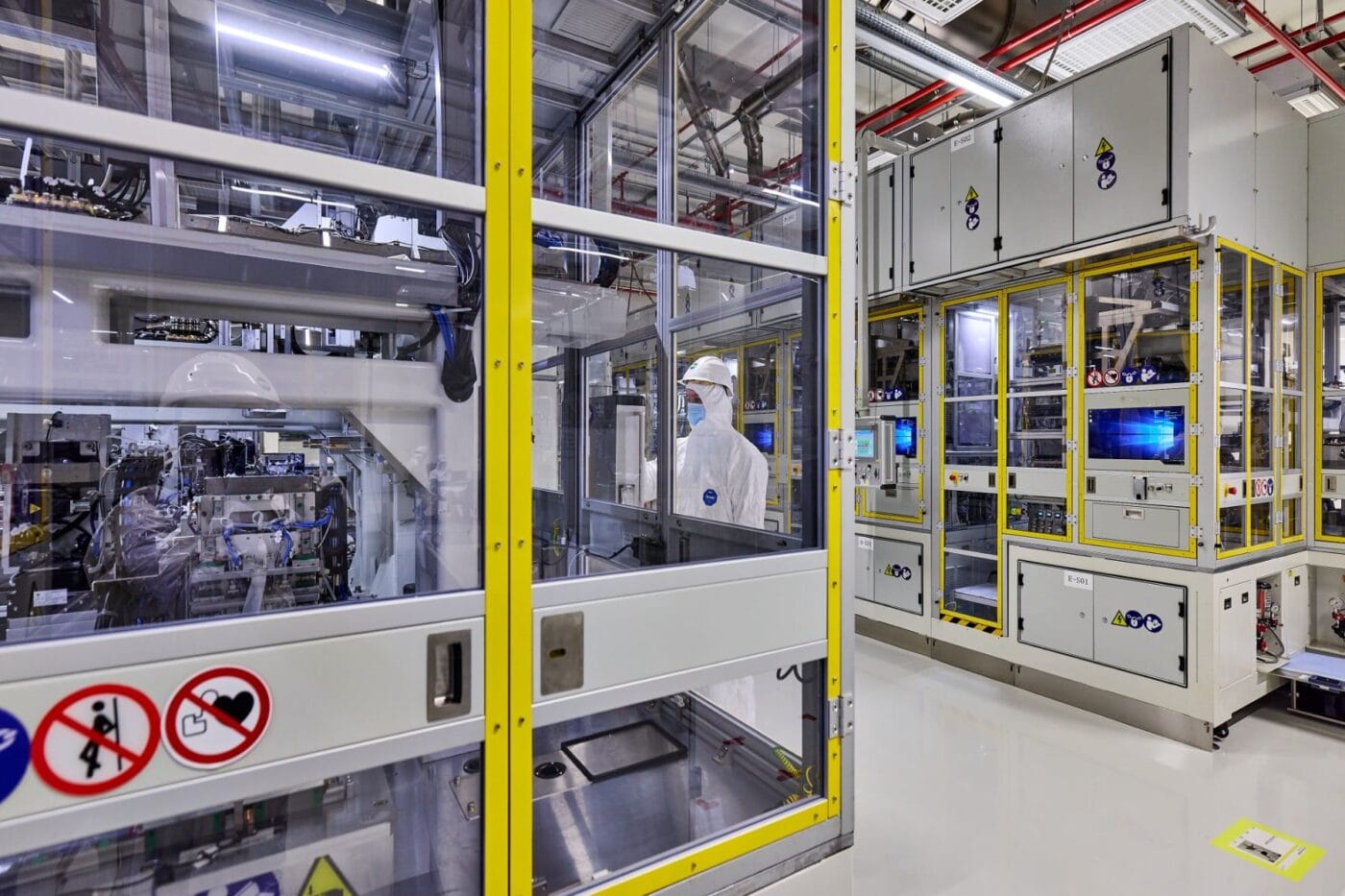
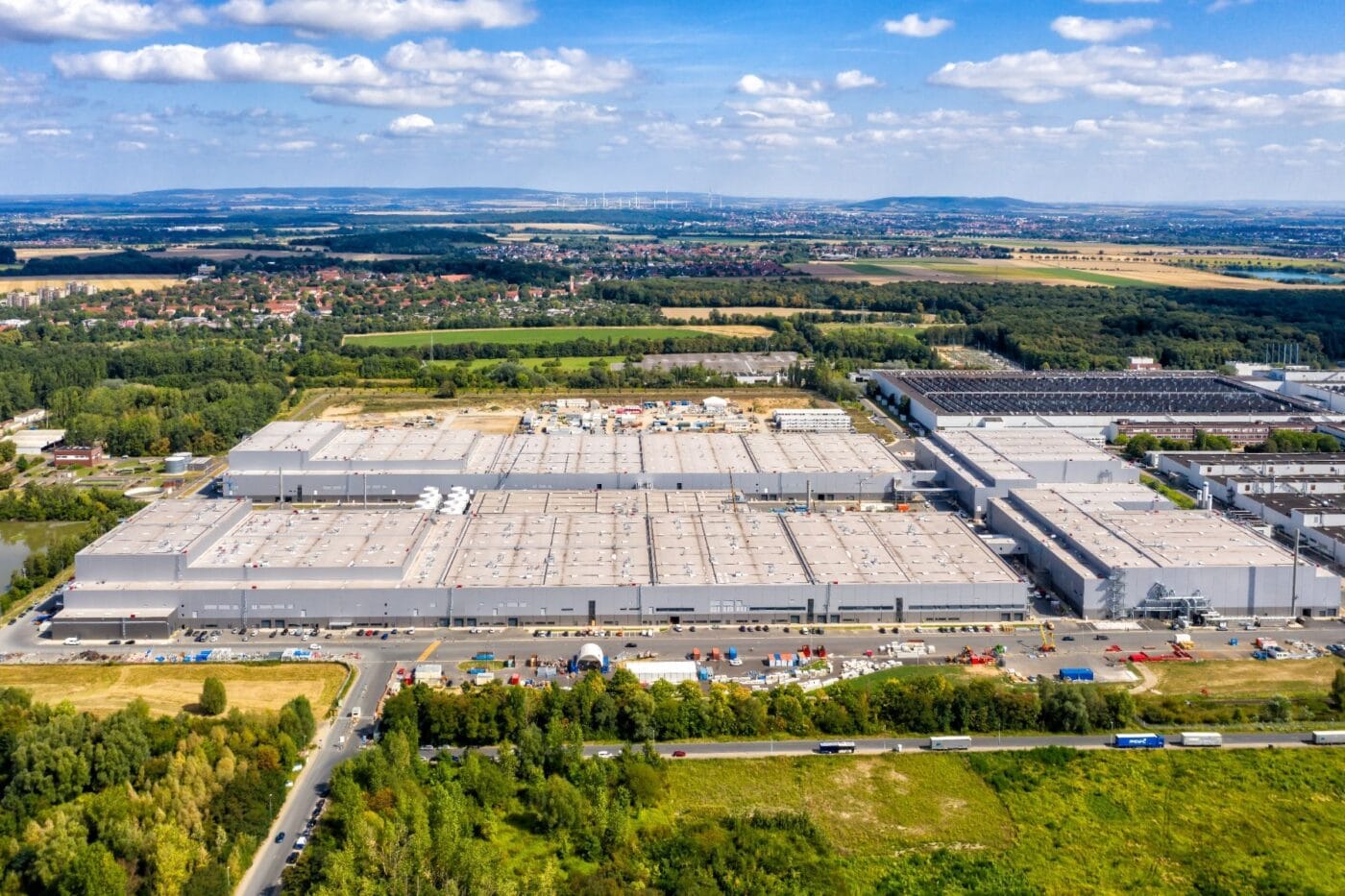
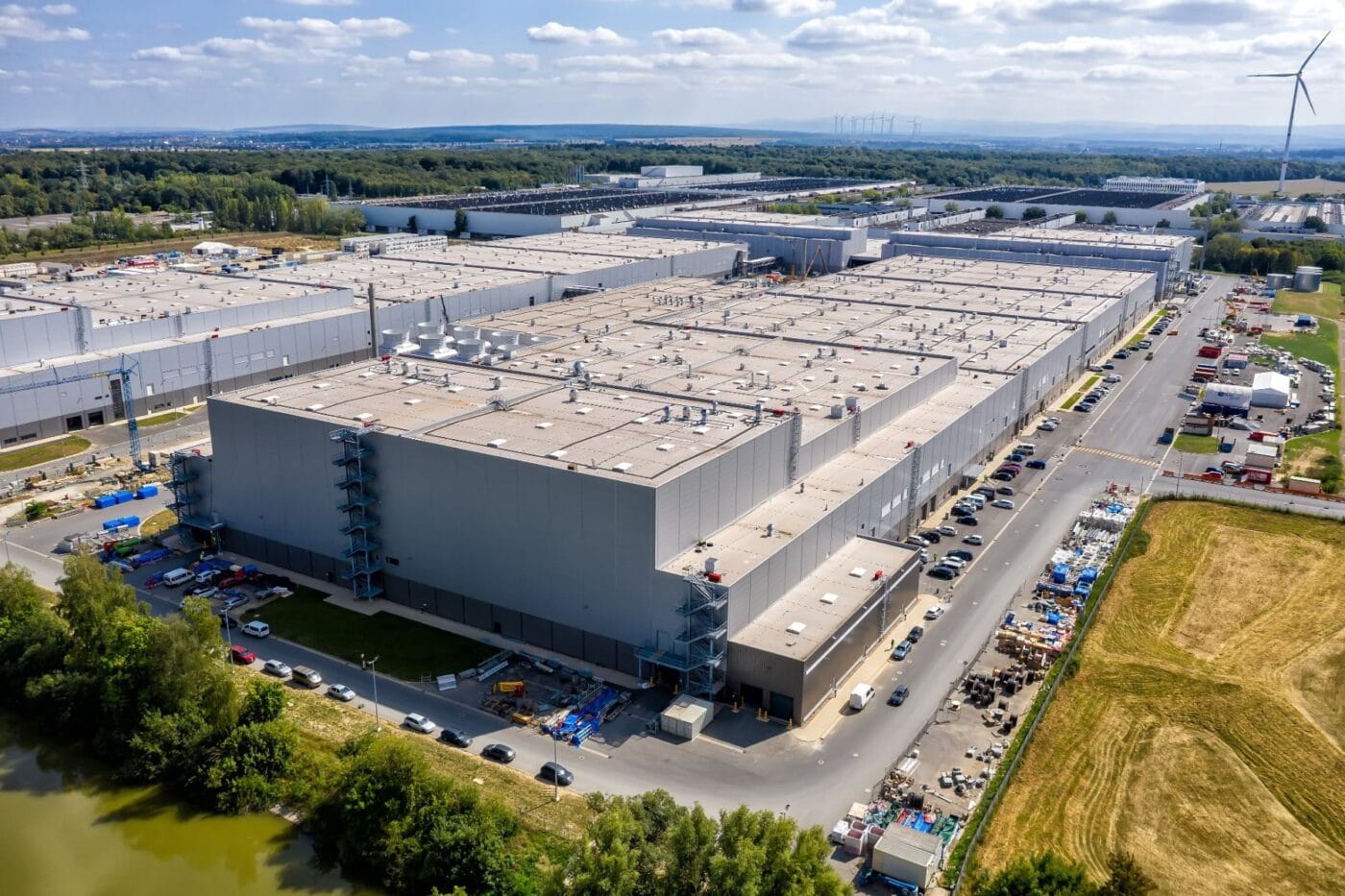
450 kilometres range in small electric cars
According to Volkswagen, the battery system and the prismatic unit cell are optimally matched to each other. The innovations are being used in combination in the small electric car family from Volkswagen, Skoda and Cupra and are expected to enable a range of up to 450 kilometres and charging times of less than 25 minutes. However, both are still forecast values.
Regarding the manufacturing process, Volkswagen also specifies that ‘essential components’ of the battery system are produced using a large-scale casting process, which should bring further weight advantages. At the same time, it has been possible to significantly reduce costs compared to previous batteries. However, the Wolfsburg-based company does not go into further detail at this point. It remains unclear how extensive the cost savings will be. In 2021, the group announced its intention to reduce costs by an average of 30 per cent, and by up to 50 per cent for smaller vehicles.
Use in up to 80 per cent of the group’s vehicles
The Group will definitely stick to another benchmark for 2021. At IAA Mobility, Volkswagen reiterated that the Unified Cell will be used in up to 80 per cent of its own electric vehicles across brands and regions in the future. The cell type will remain the same, but the cell chemistry may vary and thus be “equipped with various cell chemistries from LFP and Sodium-Ion to NMC and Solid-State.” The idea behind this is standardisation with the highest possible flexibility. The Unified cell will be developed and produced not only by PowerCo, but also by external suppliers.
Frank Blome, CEO of PowerCo, commented: “The battery cell is a key technology of the 21st century and plays a crucial role for the future of the European automotive industry. Today, we are taking a big step towards our goal of establishing battery technology in Europe. Technologically, our first series battery cell is absolutely on par with the established competitors.” Volkswagen’s first series-production cell is technologically on a par with its established competitors. “And we are already working on new customer products with LFP or Sodium-Ion chemistry. PowerCo is rapidly developing into a global cell manufacturer and the European Battery Tech Driver.”
Solid-state battery within reach
One future technology that Volkswagen is working hard to develop is the solid-state battery. To this end, the carmaker has been working in partnership with specialist QuantumScape for some time. In July, both sides announced their intention to further expand their strategic cooperation and licence agreement. Volkswagen now also has a significant stake in the US company through several investments.
Against this backdrop, Volkswagen subsidiaries PowerCo and Audi, together with Ducati, have now equipped an electric motorcycle with a solid-state battery from QuantumScape for the first time. The technology carrier is “further milestones on our way to becoming a global technology driver in the automotive industry,” as the CEO puts it. However, there is still a long way to go in terms of development: the goal is to commercialise a marketable solution by the end of the decade, according to the company.
980 cells on a motorcycle
The motorcycle itself is based on a fully electric Ducati V21L, but has been extensively modified. The partners have designed the battery system specifically for the requirements of solid-state batteries: it can therefore be equipped with up to 980 QSE-5 cells from QuantumScape. The solid-state battery specialist is known to use a lithium metal anode and a ceramic separator in its cells.
The B-sample cell, called QSE-5, is set to become QuantumScape’s first commercial product with a capacity of 5 Ah, an energy density of over 844 Wh/l and a charging time of 12.2 minutes from 10% to 80% SoC (state of charge). According to the manufacturer, it began small-scale production and delivery of these cells for testing by customers in the automotive sector in October 2024. Among the recipients is, of course, Volkswagen: its battery subsidiary PowerCo is aiming to industrialise solid-state batteries and signed a deal with QuantumScape in July 2024 to this end. The aim is to establish a licensing partnership for the subsequent series production of solid-state cells on a gigawatt-hour scale.
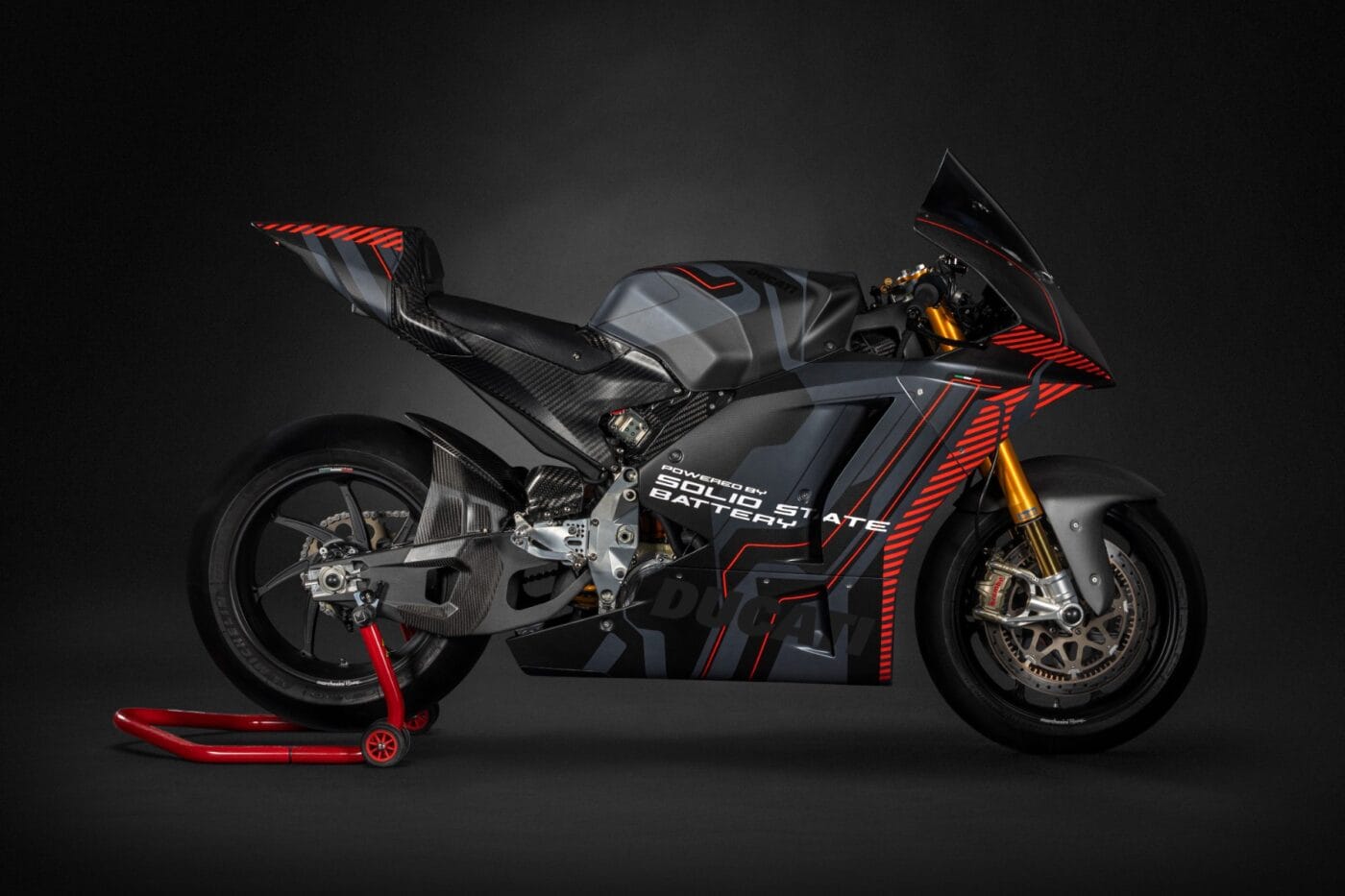
According to Thomas Schmall, Group Board Member for Technology, solid-state batteries have the potential to become a game changer in e-mobility. “Together with our partner QuantumScape, we aim to industrialize the technology and to take the next step towards series production. With PowerCo’s Unified Cell, we have created the perfect match: it is “solid state-ready” and enables rapid technology transfer to the Group’s vehicles as soon as the solid-state battery is ready. The Group’s battery strategy is pioneering and at the same time offers unprecedented economies of scale.”
Siva Sivaram, CEO of QuantumScape, also comments: “Today, QuantumScape solid-state batteries moved closer to commercial reality. For more than a decade, we’ve worked closely with the Volkswagen Group to advance our breakthrough technology that delivers the range, fast charging, and safety that EV drivers want. Our focus now is on bringing this technology to market and redefining what high-performance electric mobility can be.”
Next goal: a race-ready motorbike
The project partners say they want to continue testing solid-state technology in the coming months. Their next milestone is to develop a race-ready motorcycle for testing on the racetrack. At the same time, PowerCo and QuantumScape are also working on integrating solid-state technology into the unit cell and thus into the car.
Volkswagen CEO Oliver Blume is pleased with the progress: “We have taken key technologies of e-mobility – such as battery cells, battery systems and electric drives – into our own hands and can thus develop the best solutions for our customers. At the same time, we are strengthening Europe as an automotive location through regional, resilient and sustainable development and production. Our first Group vehicle with a solid-state battery, the Electric Urban Car Family equipped with our new Unified Cell and the construction of Elli’s first large-scale storage system in Salzgitter are further milestones on our way to becoming a global technology driver in the automotive industry.”
This article was first published by Cora Werwitzke for electrive’s German edition.

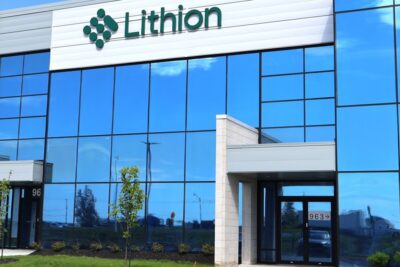
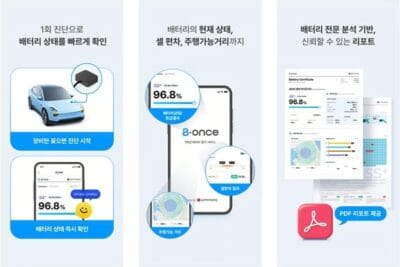
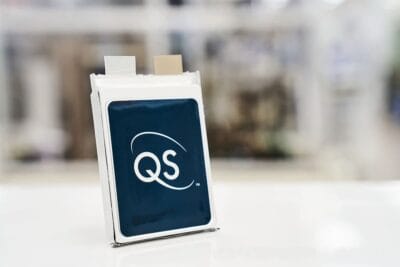
1 Comment